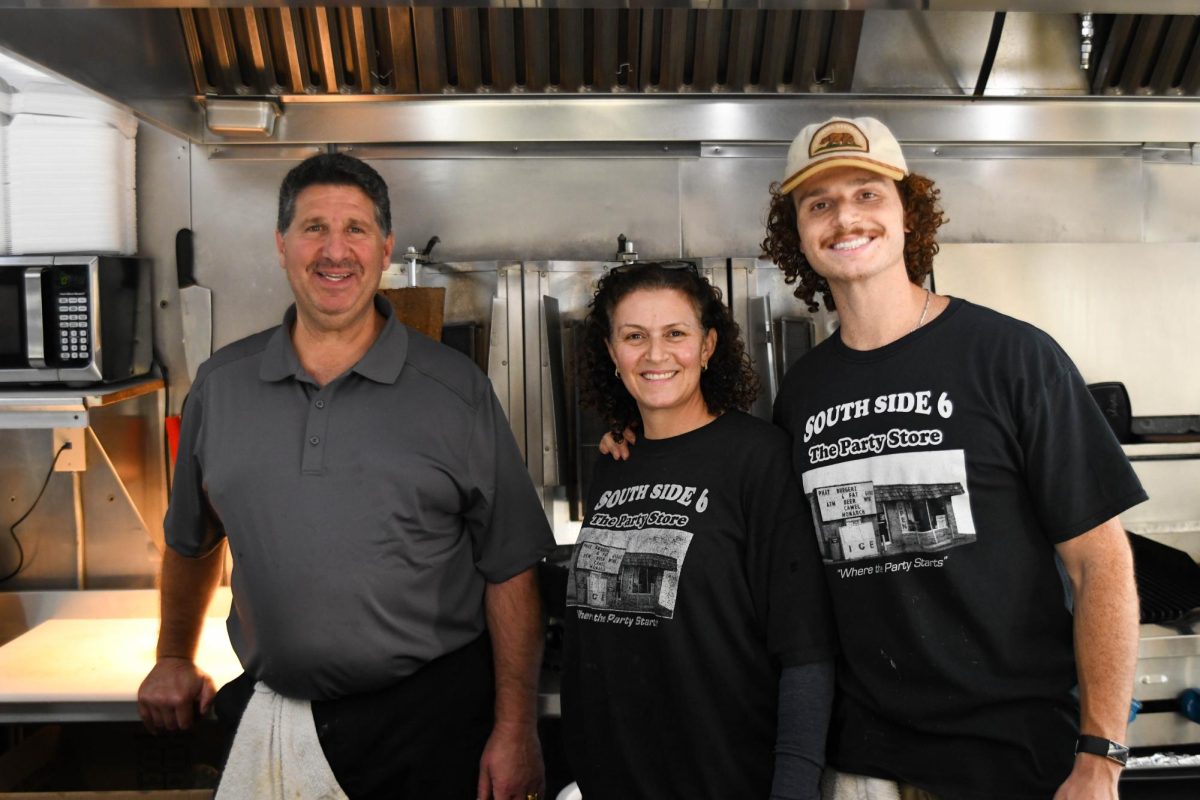COLUMBUS, Ohio – Connie Ayres lost her 16-year-old daughter in a car crash in 1996. The next year she learned that a county morgue was using the autopsy photos in a slide show to help fight drunken driving.
Ayres’ outrage helped lead to restrictions last year on the display of autopsy photos in Michigan – one of at least 10 states to enact laws in recent years to prohibit coroners from releasing pictures or other death records to the public.
The slides of Ayres’ daughter were shown as part of court-ordered morgue tours for people convicted of drug- or alcohol-related offenses.
“I felt like the government has no right to use my daughter as an administrative tool, as a tool for punishment,” the Michigan woman said.
The new laws were prompted in part by a legal battle in Florida over autopsy photos of NASCAR driver Dale Earnhardt, who was killed in a crash in 2001. Several newspapers sought the pictures after questions arose over how Earnhardt died and whether better safety equipment might have saved him. Ultimately, Florida passed a law blocking public access to autopsy photos.
Supporters of such restrictions say the release of autopsy records could compound family members’ pain, and they worry particularly about the possibility of gruesome morgue photos being posted on the Internet or published.
Ohio and Pennsylvania are considering such restrictions.
“My concern is with the dignity and privacy and respect of the individual and the family left behind in a very unfortunate situation,” said Dr. Lisa Kohler, medical examiner in the Akron area’s Summit County.
Open-records advocates say that keeping the records available to the public is crucial to making sure that coroners, often elected officials supported with tax dollars, are doing their jobs right.
“The overall effect is to undermine public confidence in the conduct of the office because all of its work is conducted, without check, in private,” said Frank Deaner, executive director of the Ohio Newspaper Association.
Some states allow access to autopsy records, others prohibit it. Texas banned the release of autopsy photos in 1999, two years before Earnhardt’s death, while several other states have moved aggressively since then to clamp down.
In September, North Carolina restricted access to photos and recordings from autopsies. Delaware, Georgia, Iowa, North Dakota, South Carolina and Tennessee have also enacted restrictions regarding autopsy photos and other records.
In Wyoming, where such legislation failed to pass, Fremont County coroner Edward McAuslan said that releasing autopsy reports would unfairly disclose medical information, such as a person’s HIV status or medications, that cannot be revealed when someone is alive.
The Ohio legislation would exempt suicide notes, photos and preliminary autopsy and investigative notes from the state’s open-records law.
But state Rep. Scott Oelslager, a Republican and open-records advocate, said he sees no justification for the bill.
“We should be erring on the part of openness,” he said.







